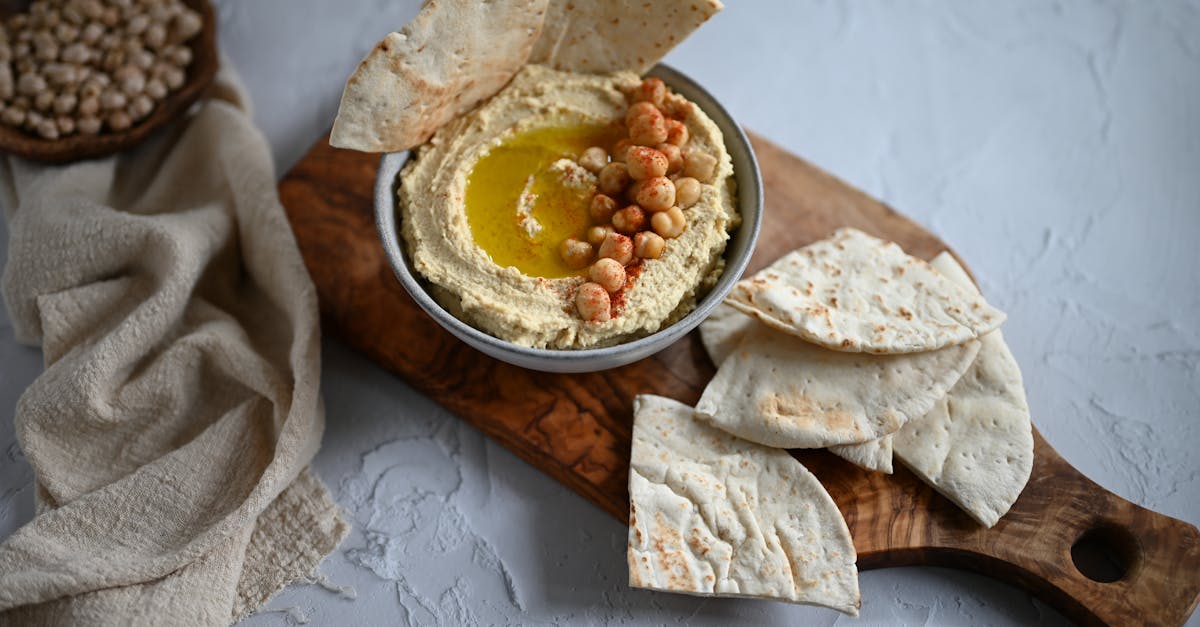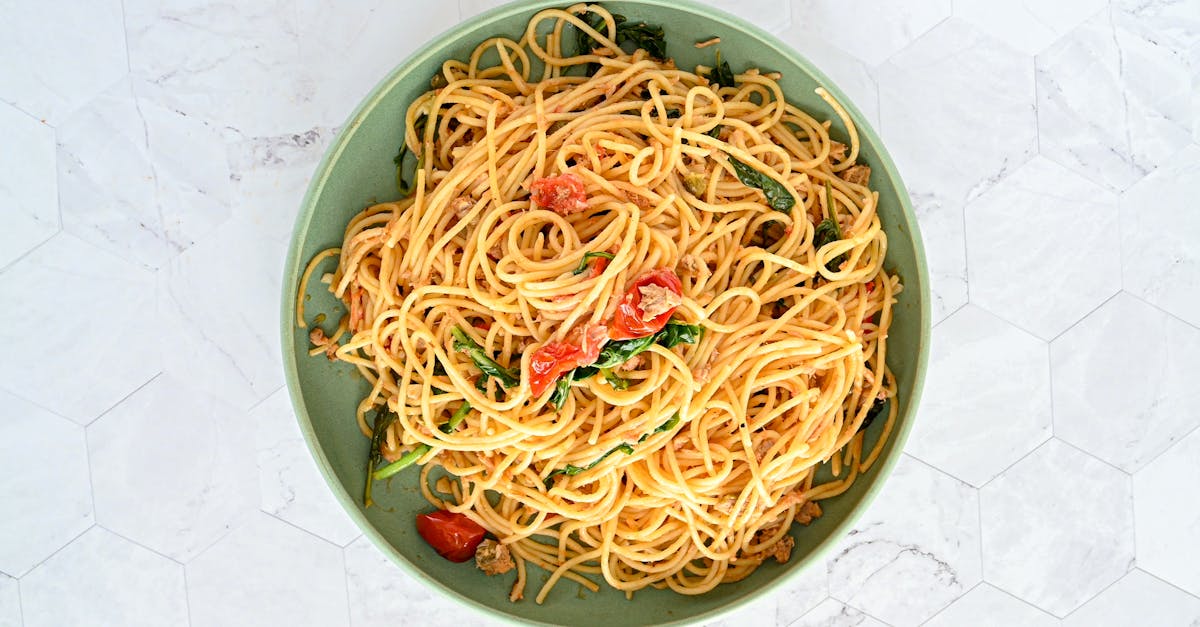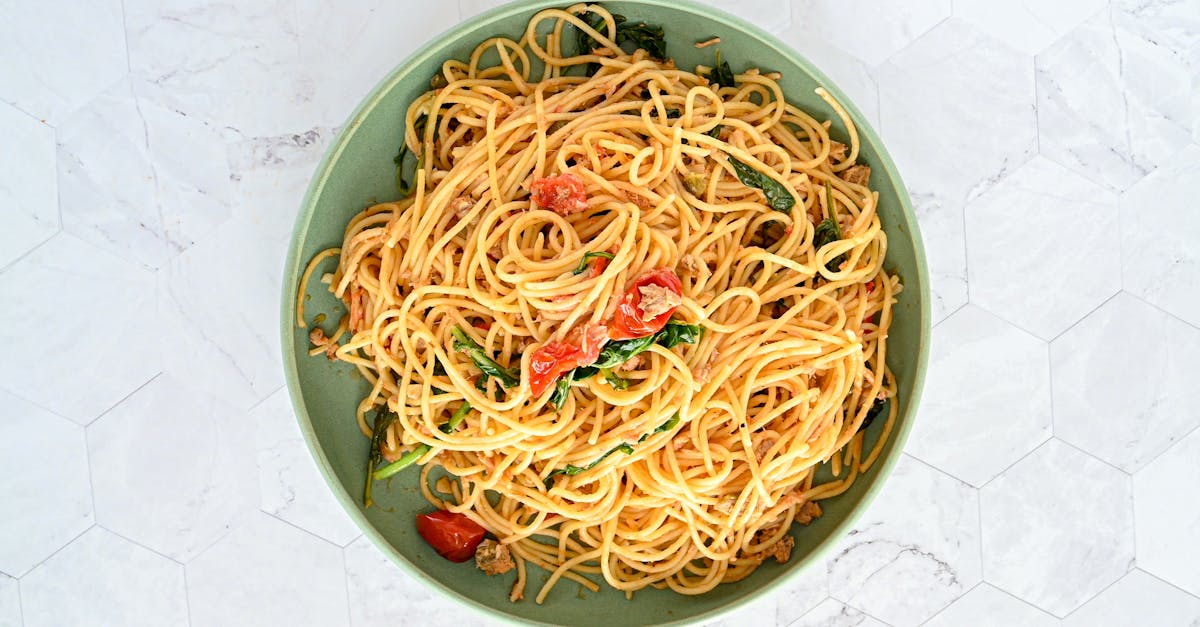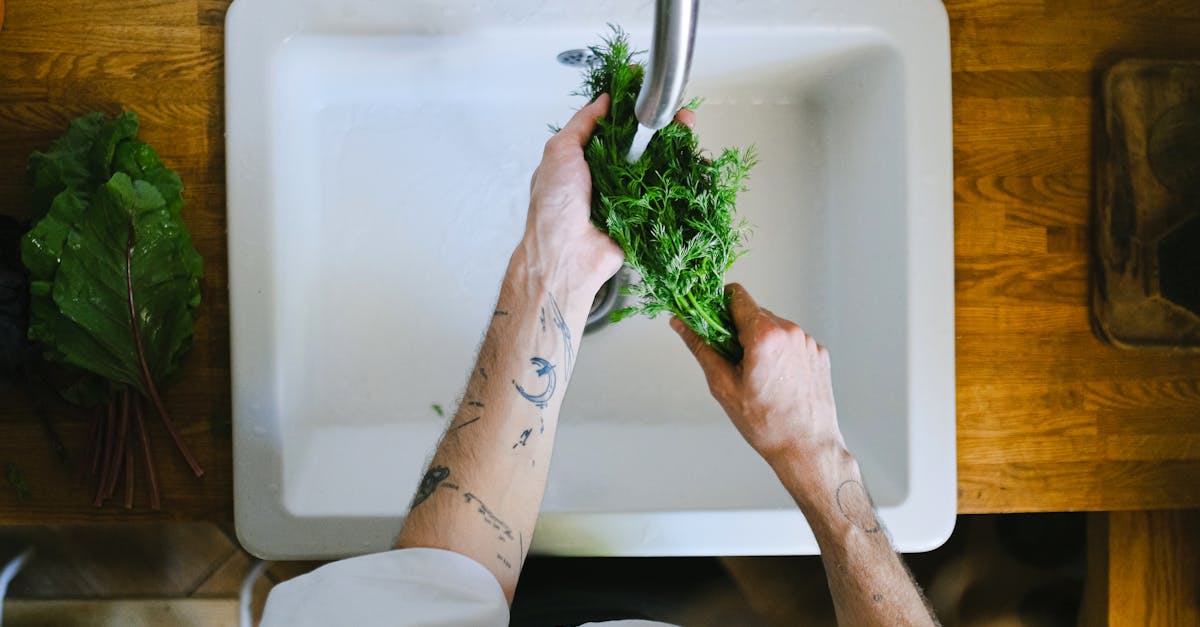9 Plant Based Proteins for Your Diet
Introduction
Embracing a plant-based diet has never been easier with an array of protein-rich options available to choose from. Contrary to common belief, plant based proteins are plentiful and provide the essential nutrients necessary for a balanced diet. From peas to quinoa, their culinary versatility and health benefits make them a must-try for everyone.
Advertisement
Lentils
Lentils, small legumes of various colors, are a powerhouse of plant-based proteins. Not only do they have about 18 grams of protein per cooked cup, but they are also rich in fiber, iron, and folate. They can be seamlessly incorporated into soups, stews, and salads, making them a convenient source of nutrition for any meal.
Advertisement
Chickpeas
Chickpeas, or garbanzo beans, are another excellent source of plant-based protein, providing around 15 grams per cooked cup. High in fiber and essential minerals, chickpeas are versatile. They can be mashed into hummus, thrown into a salad, or roasted as a crunchy snack, all while boosting your protein intake.
Advertisement
Quinoa
Unlike most plant-based proteins, quinoa is a complete protein containing all nine essential amino acids, with about 8 grams per cooked cup. This ancient grain is not just gluten-free but also a good source of magnesium and antioxidants. Its fluffy texture makes it perfect for a warm salad or a hearty side dish.
Advertisement
Tofu and Tempeh
Tofu and tempeh, both derived from soybeans, are integral to many plant-based diets, delivering about 20 grams of protein per cup. Tofu is known for its adaptability and is excellent in a stir-fry or baked. Tempeh, being fermented, has a unique, nutty flavor and is often used as a meat substitute because of its firm texture.
Advertisement
Edamame
Young soybeans, known as edamame, are a fantastic snack and protein source, offering 17 grams per cooked cup. Edamame is also packed with fiber, vitamins, and minerals. They can be enjoyed steamed, with a sprinkle of sea salt, or tossed into a fresh salad to add a pop of color and nutrition.
Advertisement
Peas
While often overlooked, peas are a surprisingly rich source of protein with about 9 grams per cooked cup. High in fiber, vitamins, and antioxidants, they're a great complement to any dish. Use them in soups, mash them as a dip, or add them to pasta dishes for a simple protein boost.
Advertisement
Chia Seeds
Though small, chia seeds are nutritionally mighty, with about 5 grams of protein per ounce. These seeds are packed with fiber, omega-3 fatty acids, and antioxidants. They can be sprinkled on yogurts, blended into smoothies, or used in puddings for an added nutritional edge.
Advertisement
Conclusion
Incorporating plant-based proteins like lentils, quinoa, and chickpeas into your diet can significantly enhance your nutrition and culinary experience. These proteins are not only nutritious but also versatile, offering multiple ways to be integrated into delicious meals. Whether you're a full-time vegan or just exploring options, these proteins can support a healthy, balanced lifestyle.
Advertisement


